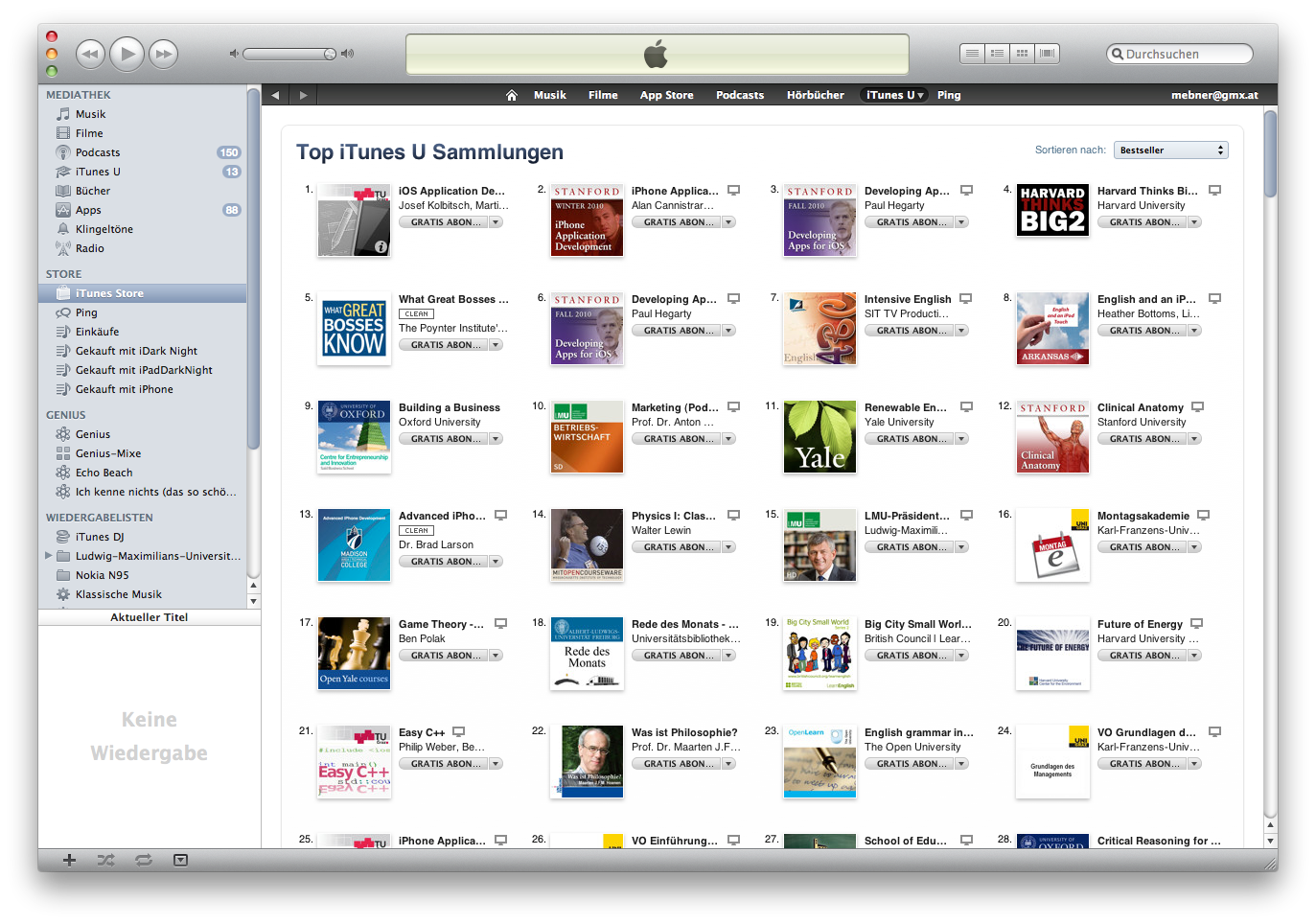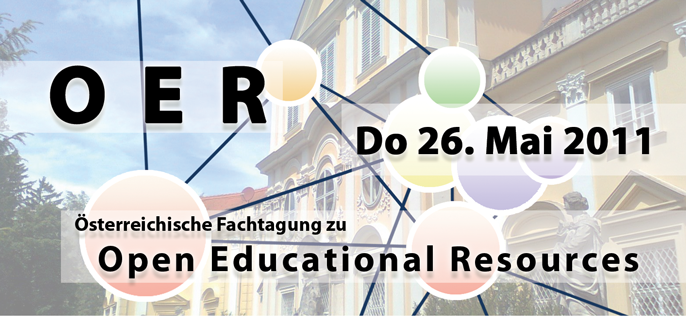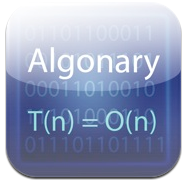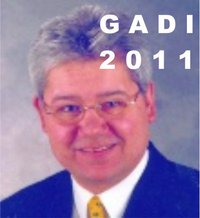 Der siebte Termin der heurigen Vorlesung „Gesellschaftliche Aspekte der Informationstechnologie“ an der TU Graz besteht aus folgendem Vortrag:
Der siebte Termin der heurigen Vorlesung „Gesellschaftliche Aspekte der Informationstechnologie“ an der TU Graz besteht aus folgendem Vortrag:
- Andreas Auinger: „Wie verdienen Facebook und Co ihr Geld? Geschäftsmodelle in der Digital Economy“ (Facebooklink)
Der Vortrag wird live gestreamt – Link zum Streamingserver
Weitere Vorträge/Abstracts findet man hier auf der Vorlesungshomepage.





